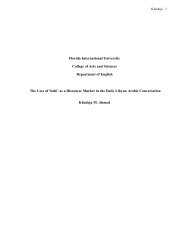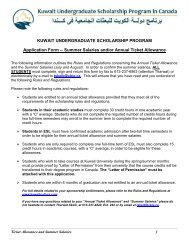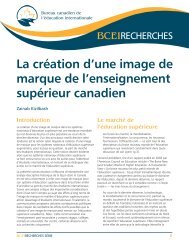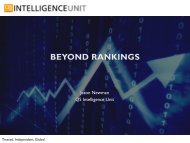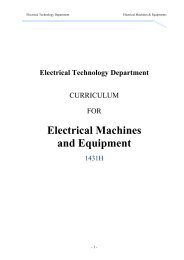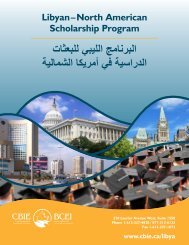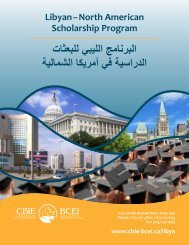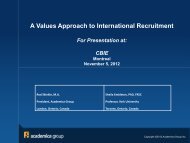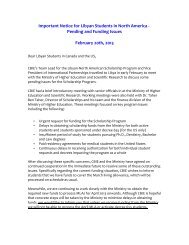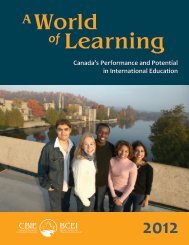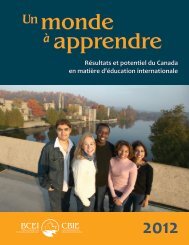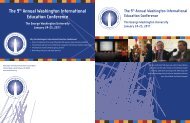Creating a New Historical Perspective: EU and the Wider World ...
Creating a New Historical Perspective: EU and the Wider World ...
Creating a New Historical Perspective: EU and the Wider World ...
You also want an ePaper? Increase the reach of your titles
YUMPU automatically turns print PDFs into web optimized ePapers that Google loves.
diversity of European traditions <strong>and</strong> historical narratives provides a privileged<br />
entrée into <strong>the</strong> way historical knowledge is constructed. In addition to studying<br />
European history in this way, CLIOH proposes similar resources for teaching/<br />
learning about European integration <strong>and</strong> <strong>the</strong> ways <strong>the</strong> concept of Europe has<br />
been used <strong>and</strong> developed. Once again it seems reasonable to look for synergies<br />
with this pilot project in recommendations about teaching/learning European<br />
History from a comparative <strong>and</strong> connected historical perspective.<br />
V. General competences<br />
In defining <strong>the</strong> objectives of core curricula it is well to remember a series of skills<br />
<strong>and</strong> competences which will be useful for all graduates, whe<strong>the</strong>r or not <strong>the</strong>y will<br />
become professional historians. Such considerations will certainly have an effect<br />
on recommendations regarding learning/teaching methods: self confidence, independent<br />
judgement, ability to make decisions, to ga<strong>the</strong>r information <strong>and</strong> to<br />
work with o<strong>the</strong>rs for example can certainly be developed more effectively in some<br />
teaching formats than in o<strong>the</strong>rs, <strong>and</strong> such aspects will need to be taken into considerations.<br />
Fur<strong>the</strong>rmore, <strong>the</strong> use of teaching methods which encourage capabilities<br />
not universally taken into account today (such as <strong>the</strong> ability to work in teams,<br />
<strong>the</strong> ability to organise projects) as well as those which enhance qualities more<br />
generally assumed to result from <strong>the</strong> study of History (such as mental discipline,<br />
effective writing <strong>and</strong> speaking, precision <strong>and</strong> intellectual honesty) should in practice<br />
improve <strong>the</strong> quality of <strong>the</strong> transmission of disciplinary knowledge as well.<br />
VI. Lifelong Learning aspects<br />
This topic has not yet been thoroughly discussed by <strong>the</strong> group. None<strong>the</strong>less it<br />
may be pointed out that <strong>the</strong> general criteria outlined above under point I in this<br />
paragraph (overarching objectives specific to History) should apply to <strong>the</strong> teaching/learning<br />
activities, informal <strong>and</strong> formal, which may be offered in any context<br />
including Lifelong Learning programmes. This point is important, because <strong>the</strong>re<br />
may be a potential clash between ‘heritage’ or ‘identity’ history <strong>and</strong> <strong>the</strong> rational<br />
critical historical outlook which is being proposed here. This problem regards<br />
<strong>the</strong> entire field, but is perhaps particularly important in <strong>the</strong> context of cultural or<br />
educational initiatives taking place outside normal academic institutions.<br />
28



